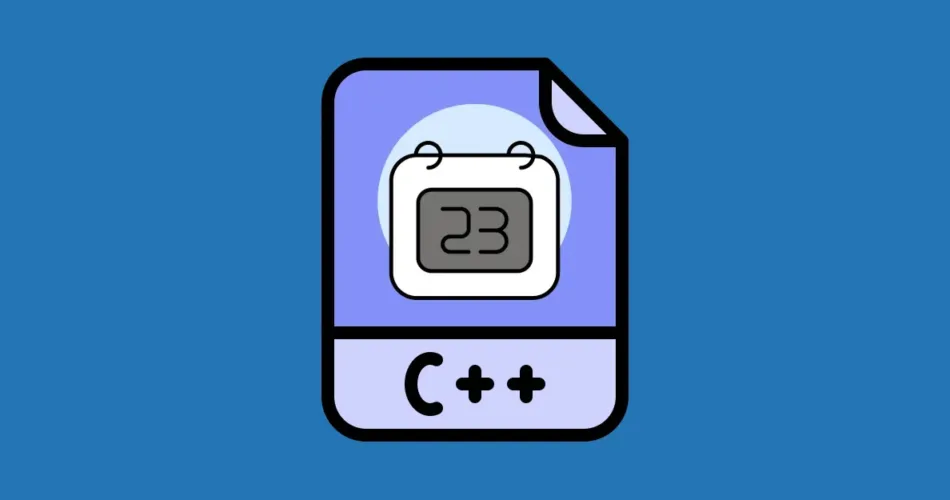In the ever-evolving landscape of programming languages, C++ continues to redefine the boundaries of what is possible in software development. With the release of C++23, the language takes yet another bold step forward, introducing a plethora of new features and enhancements that empower developers to write more efficient, expressive, and maintainable code. In this journey of exploration, we’ll delve into the exciting world of C++ 23, uncovering its captivating enhancements and envisioning the possibilities it unlocks for the future of software engineering.
1. Reflection: Illuminating the Dark Corners of Code
C++23 introduces reflection, a powerful mechanism that enables programs to inspect and manipulate their own structure and behavior. Reflection opens up new vistas of possibilities, from generating boilerplate code to enhancing serialization and deserialization.
#include <iostream>
#include <reflexpr>
int main() {
using namespace std;
using namespace std::meta;
const auto my_type = reflexpr(int);
cout << "Type name: " << my_type.name() << endl;
return 0;
}
2. Contracts for Asserting Assumptions
Building on the foundation laid by C++20, C++23 further refines the concept of contracts. This feature enhances program correctness by specifying preconditions, postconditions, and invariants, allowing developers to express and verify assumptions more precisely.
void divide(int dividend, int divisor) [[expects: divisor != 0]] {
// Division logic
}
3. Simplified Concurrency with Executor Framework
C++23 brings forth an executor framework, simplifying the process of writing concurrent and parallel code. Executors provide a high-level interface for managing tasks and asynchronous operations.
#include <iostream>
#include <future>
#include <execution>
int main() {
using namespace std;
auto result = async(std::launch::async, [] {
return 42;
});
cout << "Result: " << result.get() << endl;
return 0;
}
4. Design by Contract for Templates
C++ 23 extends the contract-based programming paradigm to templates, allowing developers to specify contracts for template parameters. This feature enhances the robustness and reliability of template-based code.
template <typename T>
requires requires(T x) {
{ x.foo() } -> std::convertible_to<int>;
}
void process(T value) {
// Process value
}
5. Improvements in Pattern Matching
C++23 refines pattern matching, enabling more expressive and intuitive code for handling complex data structures.
#include <iostream>
int main() {
using namespace std;
auto value = 42;
match (value) {
pattern(0) => cout << "Zero" << endl,
pattern(42) => cout << "The Answer" << endl,
pattern(_) => cout << "Other" << endl
};
return 0;
}
Conclusion
C++23 marks a significant milestone in the evolution of the C++ programming language. With features like reflection, enhanced contracts, executor framework, and improved pattern matching, C++23 empowers developers to write more expressive, efficient, and reliable code. The introduction of these enhancements opens up new avenues of innovation and creativity, allowing programmers to tackle complex problems with greater ease and confidence.
Exploring C++23 unlocks a toolkit for groundbreaking software solutions that stretch boundaries. By adopting new features, you’ll embark on an innovative journey in software development. C++23 reaffirms the language’s commitment to excellence and adaptability, ensuring that developers can continue to create robust, elegant, and cutting-edge solutions that shape the future of technology. So, step into the exciting world of C++23 and let your coding journey unfold with the promise of new horizons and limitless possibilities.
Subscribe to our email newsletter to get the latest posts delivered right to your email.


Comments